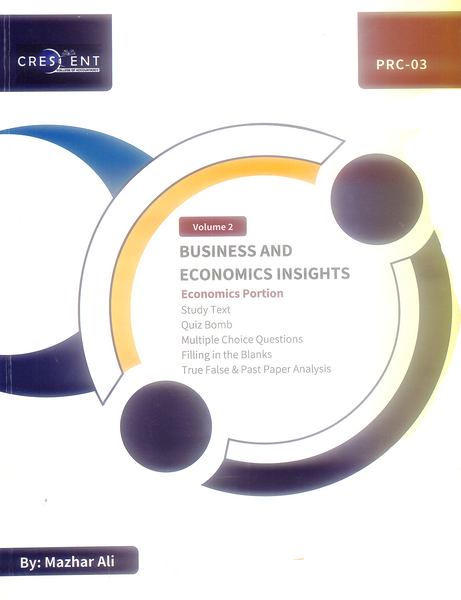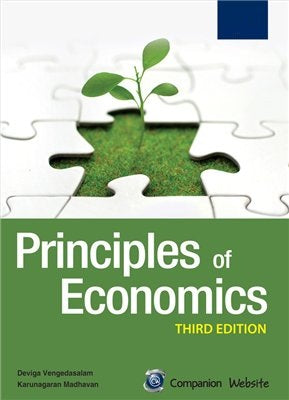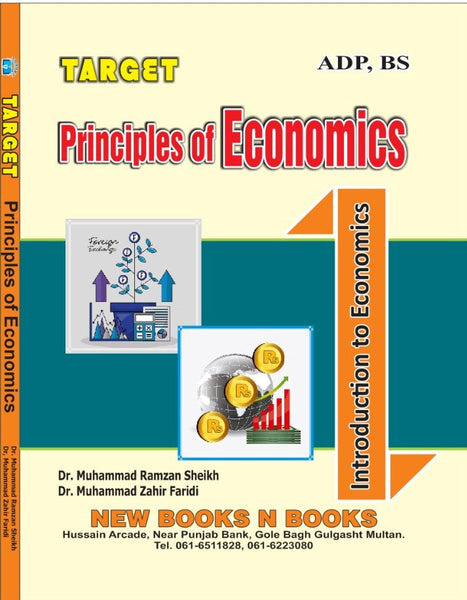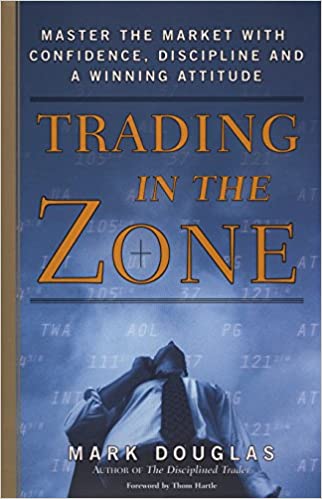Coercion, Capital and European States, A.D. 990 - 1992 by Charles Tilly (Author)
- Publisher: POLITICAL SCIENCE
- Availability: In Stock
- SKU: 57270
- Number of Pages: 277
Rs.645.00
Rs.895.00
Tags: best books , Best Price , best prices , best shop , bookshop , bookshop online , bookshopPakistan , bureaucratic systems , buy online books , capital , Capital and European States , centralized authority , Charles Tilly , class structures , coercion , coercive power , collective action , economic resources , elite power , European states , feudalism , good books , good booksonline , historical analysis , historical context , historical evolution , historical research , historical sociology , historical trends , institutional development , legitimacy , military organization , modern state , nation-state , online books store , Online Bookshop , Online Bookshop Pakistan , online shopping , Online Shopping Pakistan , OnlineShoppingPakistan , PakistanBookshop , PakistanOnlineShopping , political economy , political legitimacy , political violence , price cut , price-friendly Comprehensive , ReasonablePrice , reduced price , Shopping , ShopSmartPakistan , social cohesion , social conflict , social contracts , state and society , state authority , state building , state capacity , state formation theory , state regulation , state responsibility , territoriality , warfare
Coercion, Capital, and European States, A.D. 990 - 1992 by Charles Tilly provides a compelling analysis of the historical development of European states through the interplay of coercion and capital. Tilly argues that the formation of states is not merely a result of political evolution but is deeply rooted in economic practices and the use of force. He meticulously traces the evolution of European states from the medieval period to the end of the Cold War, illustrating how states have relied on coercive power to extract resources, maintain order, and facilitate economic growth. The book emphasizes the significance of taxation, military power, and political organization in shaping state structures and their relationships with society.
Keypoints:
-
Theoretical Framework
Tilly establishes a theoretical framework that links the development of states to the dynamics of coercion and capital, arguing that state formation is a process influenced by both economic and political factors. -
Historical Context
The book offers a historical context for understanding state development, beginning in the medieval period and moving through various significant epochs in European history. -
Role of Coercion
Tilly explores the role of coercion in state-building, highlighting how the use of force has been essential for states to maintain control and legitimacy. -
Economic Underpinnings
The author examines the economic underpinnings of state formation, particularly how states have utilized capital and resources to expand their power and influence. -
Taxation and Resource Extraction
The significance of taxation as a tool for resource extraction is discussed, demonstrating how states have relied on taxes to finance military and administrative functions. -
Military Power and State Formation
The relationship between military power and the development of states is analyzed, with a focus on how military needs have shaped political structures. -
Social Contracts
Tilly discusses the concept of social contracts between states and their citizens, emphasizing the reciprocal relationships that have developed over time. -
Regional Variations
The book highlights regional variations in state development across Europe, illustrating how different historical contexts have led to diverse outcomes. -
Modern State Formation
Tilly connects historical developments to modern state formation processes, examining the implications of historical coercive practices for contemporary political systems. -
Implications for Future Studies
The book concludes with reflections on the implications of Tilly's findings for the future study of states, suggesting that understanding coercion and capital will remain crucial for analyzing political evolution.
Conclusion:
Coercion, Capital, and European States, A.D. 990 - 1992 is an essential contribution to the fields of political science and history, providing a nuanced understanding of how European states have emerged and evolved over a millennium. Charles Tilly's analysis of the interplay between coercion and capital offers valuable insights into the complex processes of state formation and the factors that continue to shape modern governance. This book is a vital resource for scholars, students, and anyone interested in the historical dynamics of power, economics, and statecraft in Europe.
════ ⋆★⋆ ═══
Writer ✤ Charles Tilly (Author)
























